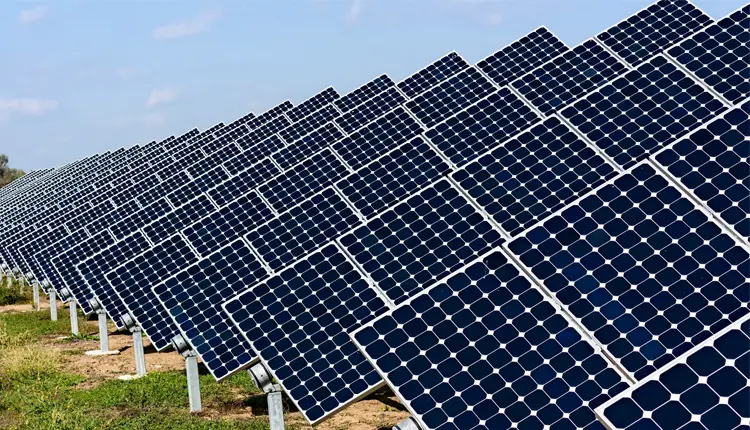The Federal Government of Nigeria has inaugurated 98.8KW solar hybrid mini grid power plant at Kare-Dadin Kowa, in Kebbi State.
The Rural Electrification Agency who performed the inauguration said that the power plant is part of the government’s commitment to providing equitable access to electricity across regions in Nigeria.
Also Read:Zimbabwe launches tender for 235MW of solar projects
Solar hybrid grid
The newly inaugurated solar hybrid mini grid system would provide clean energy to 483 residential buildings, 82 commercial buildings and serve over 3,000 inhabitants of Kare-Dadin Kowa. A total of 565 high grid solar panels have been installed to power homes, businesses, places of worship, schools and health centres among others.
“Kare-Dadin Kowa community is the second of twelve communities earmarked to benefit from REF grants. This is due to following and attaining legal, regulatory and procurement compliance and no objection from the Federal Government,” said Rural Electrification Fund (REF) Executive Director Dr. Sanusi Ohiare.
Ohiare said the REF provides access to electricity to maximize the economic, social and environmental benefits of rural electrification grants, to promote off-grid electrification, and to stimulate innovative approaches to rural electrification.
REF projects are administered using a Public Private Partnership (PPP) model. The first call of the REF will energise 12 communities and deploy 19,000 Solar Home Systems (SHS).
Kare-Dadin Kowa is a small riverine community in Argungun Local Government Area of Kebbi State, which is said to have a total population of about 3,180 people, whose major vocations are agriculture and fishing.
Energy crisis
Lengthy power cuts are pretty much a daily experience in Nigeria. The country’s epileptic power supply has been identified by businesses as the second biggest obstacle to doing business in the country, after a lack of access to finance.
This unreliable power supply is a major hindrance to Nigeria’s economic growth. It also costs the country an enormous amount of money. According to Nigerian government data, the International Monetary Fund (IMF), lack of access to reliable electricity costs Nigeria an estimated US $29bn a year.
